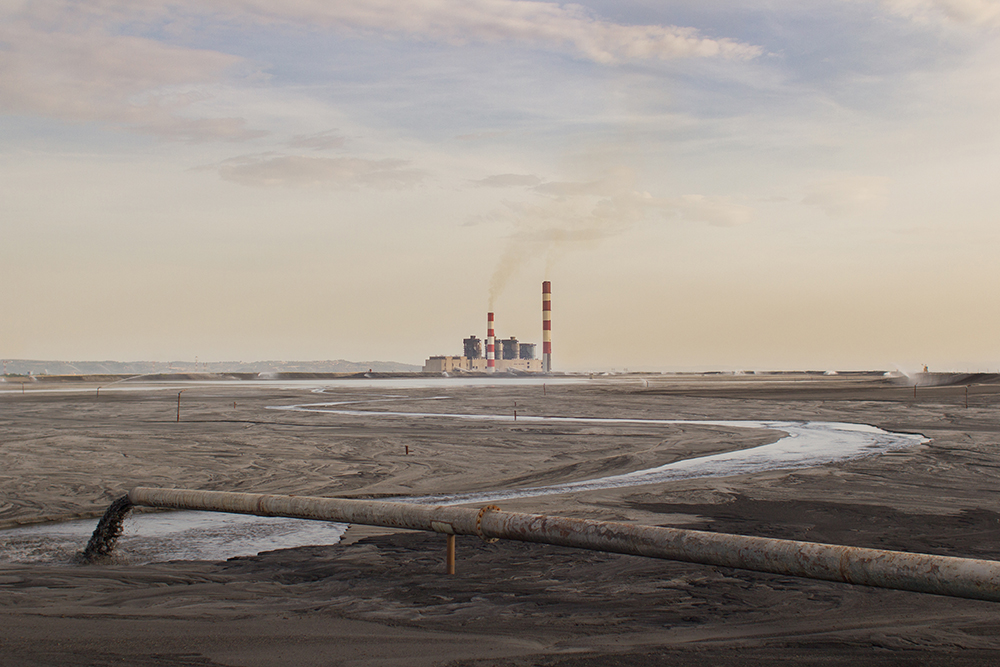
Washington DC -- Today Clean Water Action and eight allied organizations filed suit in the United States Court of Appeals for the District of Columbia Circuit to stop the Environmental Protection Agency’s (EPA) Steam Electric Reconsideration Rule. The groups are represented by Earthjustice.
EPA’s rule, published in the Federal Register on October 13, 2020, relaxes standards finalized in 2015 that required the first-ever limits on the amount of arsenic, lead, mercury, selenium, nitrogen, and other harmful chemicals power plants can dump into lakes, rivers, and other water bodies. This rollback will result in more selenium and mercury discharged into U.S. water bodies by allowing power plants to continue to use cheaper, less effective technology to treat wastewater.
Also under the new rule, power plants can continue to discharge unlimited amounts of bromide, even though EPA’s own record shows that bromide discharges threaten downstream drinking water systems. When exposed to disinfectants commonly used during drinking water treatment, bromide can react to form disinfectant byproducts linked to bladder cancer.
Clean Water Action’s Water Programs Director, Jennifer Peters, released the following statement:
“Trump's EPA is propping up a dying industry that has put our health at risk for decades, and fueled the climate crisis, by giving them a free pass to continue to dump deadly pollution into our water. This rule puts the most vulnerable communities at further risk -- coal-fired power plants have contaminated streams and poisoned drinking water sources. Rolling back wastewater standards for these outdated facilities is a desperate attempt to wring as much as possible out of the Federal government in case voters ditch President Trump on November 3.
EPA’s callous disregard for the health and wellbeing of people is stunning -- this power plant wastewater has not only contaminated drinking water sources, but also the lakes and rivers where people fish to put food on the table. The 2015 rule was long overdue and much needed. It was also achievable. Affordable, effective technologies exist today that could eliminate toxic metals, bromide, and other pollutants from coal plant wastewater. Not requiring power plants to use these technologies is outrageous.
We’re eager to make our case to overturn EPA’s latest reckless giveaway to the fossil fuel industry.”
###
Since our founding during the campaign to pass the landmark Clean Water Act in 1972, Clean Water Action has worked to win strong health and environmental protections by bringing issue expertise, solution-oriented thinking and people power to the table. We will protect clean water in the face of attacks from a polluter friendly Administration. www.cleanwateraction.org